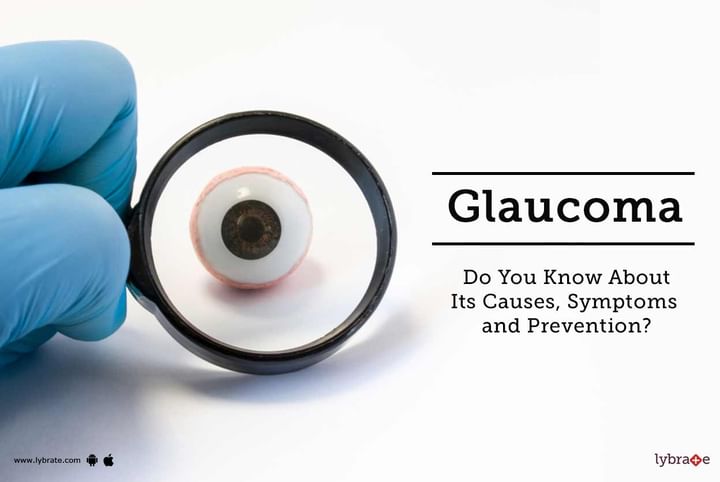Glaucoma: Causes, Symptoms and Prevention
Glaucoma is an ailment that occurs when the fluid pressure increases within the eye. Over time, the condition can damage your optic nerves. Glaucoma is very common in elderly patients. In fact, it is one of the most popular causes of blindness for people over the age of 60.
The different types of Glaucoma include –
-
Open-angle Glaucoma
-
Closed Angle Glaucoma
-
Normal-tension Glaucoma
-
Angle-closure Glaucoma
-
Pigmentary Glaucoma
Causes
Glaucoma is primarily caused due to the build-up of pressure inside your optic nerve. If the optic nerve is damaged, certain blind spots may be observed in the visual field. This happens due to the increased amount of pressure in your eye.
This additional pressure is caused due to a liquid called aqueous humor that flows inside your eye. This fluid is drained out with the help of a tissue called trabecular meshwork. This happens at the region where the cornea and iris meet. If the system does not function properly, the fluid is not able to flow out and is accumulated instead, increasing the pressure inside your eye.
Furthermore, if this pressure is not controlled, the other parts of your eye can be damaged. Glaucoma, in most cases, eventually leads to loss of vision.
Symptoms
The symptoms depend upon the type and stage of glaucoma you are suffering from. The common symptoms of popular types of Glaucoma are as follows –
-
Severe pain in the eyes
-
Redness in the eyes
-
Blurring of vision
-
Problems in sight under poor lighting
-
Lights seem to have a Halo around them
-
Severe headache
-
Blind spots in the peripheral vision
-
The gradual loss of peripheral vision
Prevention
The steps to prevent glaucoma and its risk factors are as follows –
-
Get plenty of nutrients like iron, copper, selenium and antioxidants that are good for the eyes
-
Keep your blood pressure under control and get it checked frequently
-
Stop smoking
-
Limit your caffeine intake as high amounts of it can increase your eye pressure
-
Exercise daily by walking, jogging or swimming
-
Sleep with a wedge pillow with your head raised about 20 degrees
-
Wear sunglasses and caps to protect your eyes from sunlight
Most importantly, follow up with your eye specialist for regular screening. Be sure to use the eye drops and medication as prescribed by your doctor for the best results. Stress may trigger a glaucoma attack. Therefore, talk to your doctor about relaxation or exercise techniques that may help you recover faster.



+1.svg)
